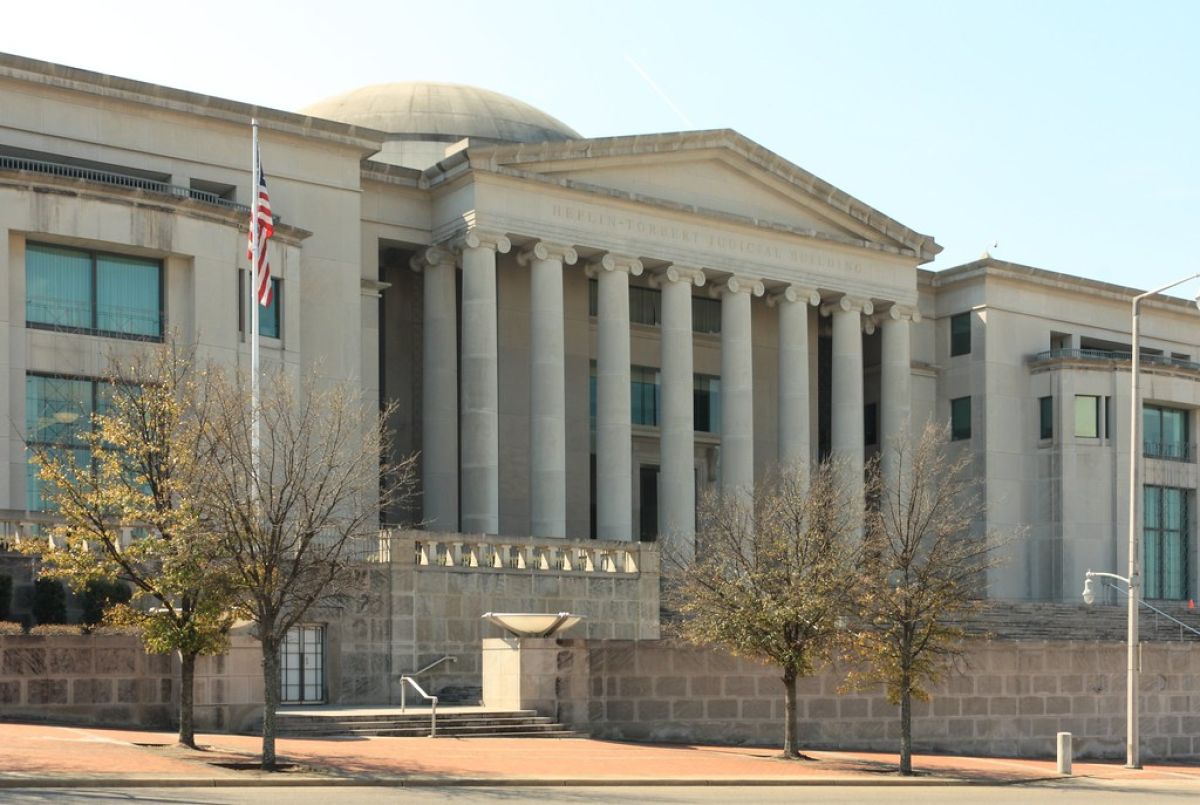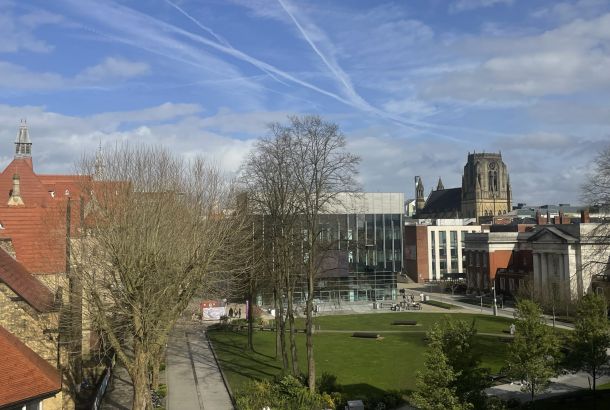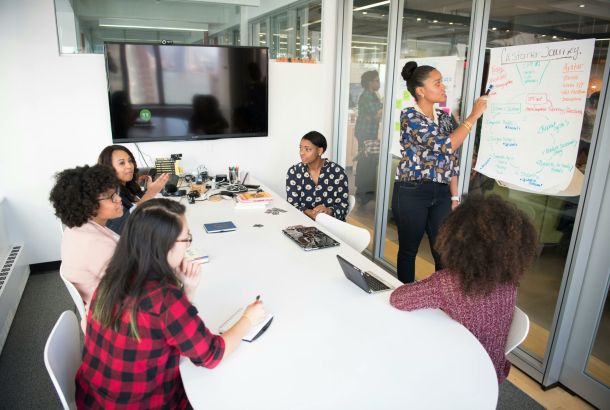The foetal ‘position’: How Alabama’s new stance on embryos redefines the meaning of life

In a landmark ruling, Alabama’s Supreme Court has decided that embryos should be considered “extrauterine children” who can be harmed under the Wrongful Death of a Minor Act. With debates over reproductive rights ongoing, this is another blow for feminists, ‘pro-choicers’, and now LGBTQ+ advocates who support women’s right to bodily autonomy.
Abortion bans work on a sliding scale that can quickly tip too far, even for the pro-life types. In this case, legislating on abortion has devolved into exerting control over the accessibility of IVF and other fertility treatments. While Alabama’s House and Senate rapidly try to pass bills protecting women’s right to IVF, the fact such a sweeping legal change could be ruled upon in the first place is hugely concerning.
The last few years have seen a cultural backlash to social progress in the US, in a concerning trend that seems to be creeping further and further into policymaking and judicial rulings. This is epitomised by women’s declining reproductive choice, whether that be undergoing an abortion or seeking treatments that increase the chance of childbearing.
And Alabama’s Supreme Court ruling is not just an issue of women’s rights, but a huge concern to same-sex couples who face another barrier to parenthood. Other than embarking on a journey to adoption, IVF is one of the few options same-sex parents have for starting a family. Just as the British government do so in the case of immigrants, it seems that creating a ‘hostile environment’ is a useful tactic for unaccepting states who want to push out same-sex partnerships. Forcing women to move elsewhere to undergo IVF ensures that Alabama’s population is made up of the Evangelical type favoured by elected officials.
Alabama also has a problematic history of unlawfully redrawing voting districts to disempower the Black vote. So, with the 2024 election coming up, pivotal even by the political standards of the last decade, bringing the matter of embryo sentience to the Supreme Court was perhaps a Republican attempt to publicise the kind of state they want Alabama to be and who they want living there.
This Supreme Court ruling shows that prohibitive legislation on abortion is not actually about ‘protecting the children’. Although the line serves as an evangelical argument to push to the media, abortion law is about controlling the benefits of reproduction for political gain. Alabaman Republicans want traditional and healthy heterosexual families, but saying that aloud sounds a bit ‘eugenics-y’. So, their easiest solution is subtly barring those they deem to be unfit parents from accessing extensive reproductive rights.
But Republicans can’t just pick and choose who gets to be parents while ignoring the detrimental consequences this kind of social planning has. Removing access to IVF will inevitably negatively impact the birth-rate in Alabama, in turn hurting the economy. And, if there’s one thing the Republicans want to protect more than the traditional nuclear family, it’s got to be the economy.
The productivism at the root of the Republican dream desperately needs workers, and lots of them. Forcing women to birth children means more workers in 18 years, hence restricting abortion access. So, Republican leaders must decide whether they want a booming economy or the ‘traditional’ families they desire, especially as they have an aging population issue.
Alabama’s IVF ruling cannot stay as it’s completely immoral to restrict access to reproductive choice. But even if Republicans ignore the moral reasoning (their prejudice would be unsurprising) surely the economic risks of further lowering the US’ birth rate aren’t worth it?
Even Donald Trump, ex-president and current GOP frontrunner, stated his support for access to IVF care. As the likely pick for the Republican’s presidential candidate, his attitudes are a reflection of the parties future stance. If this ruling is too extreme even for Trump then surely restricting access to IVF is completely non-sensical.
So where does that leave the UK? While University students in Manchester are unlikely to be seeking IVF in Alabama, we should still be concerned for what this Supreme Court ruling means for women and same-sex couples everywhere. It sets a dangerous legal precedent and it could encourage people on our side of the pond to push for a similar type of extreme and illiberal politics.







